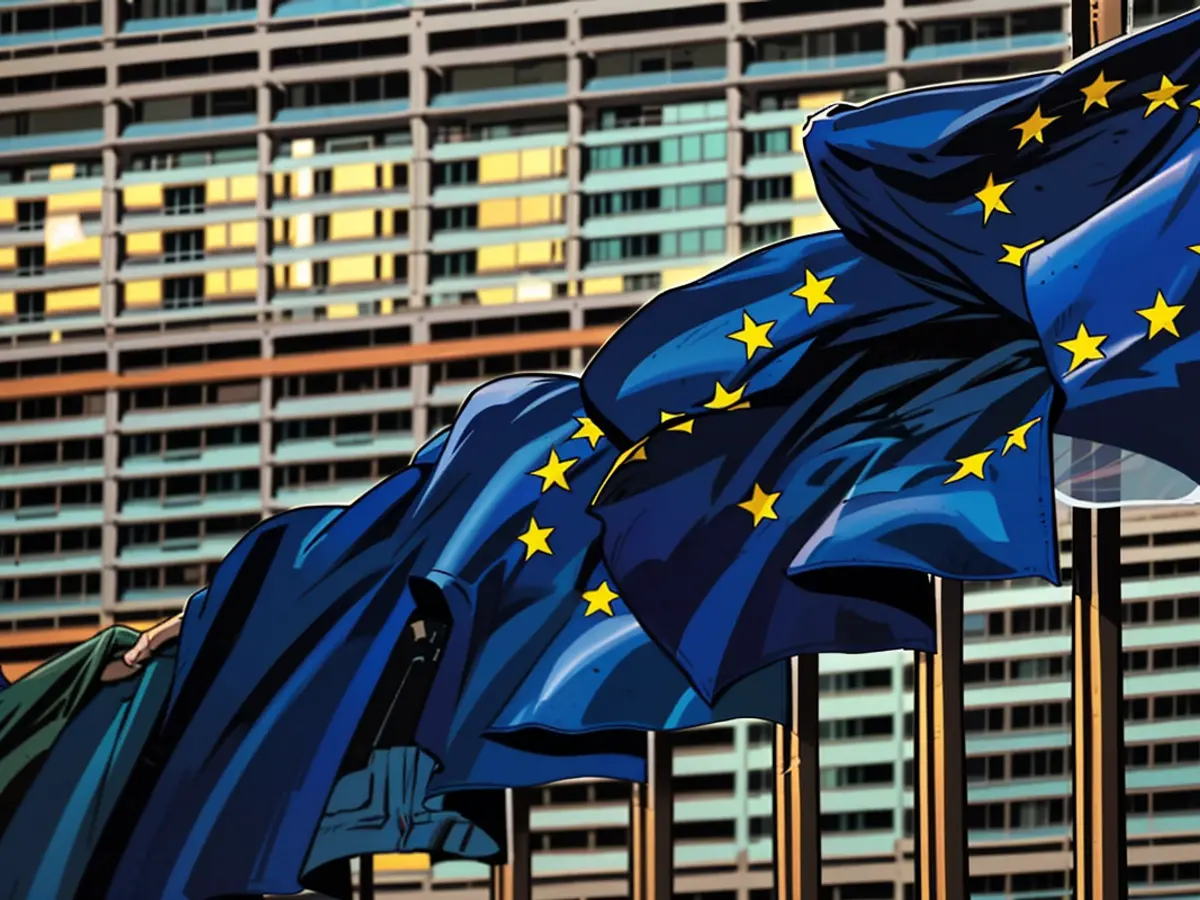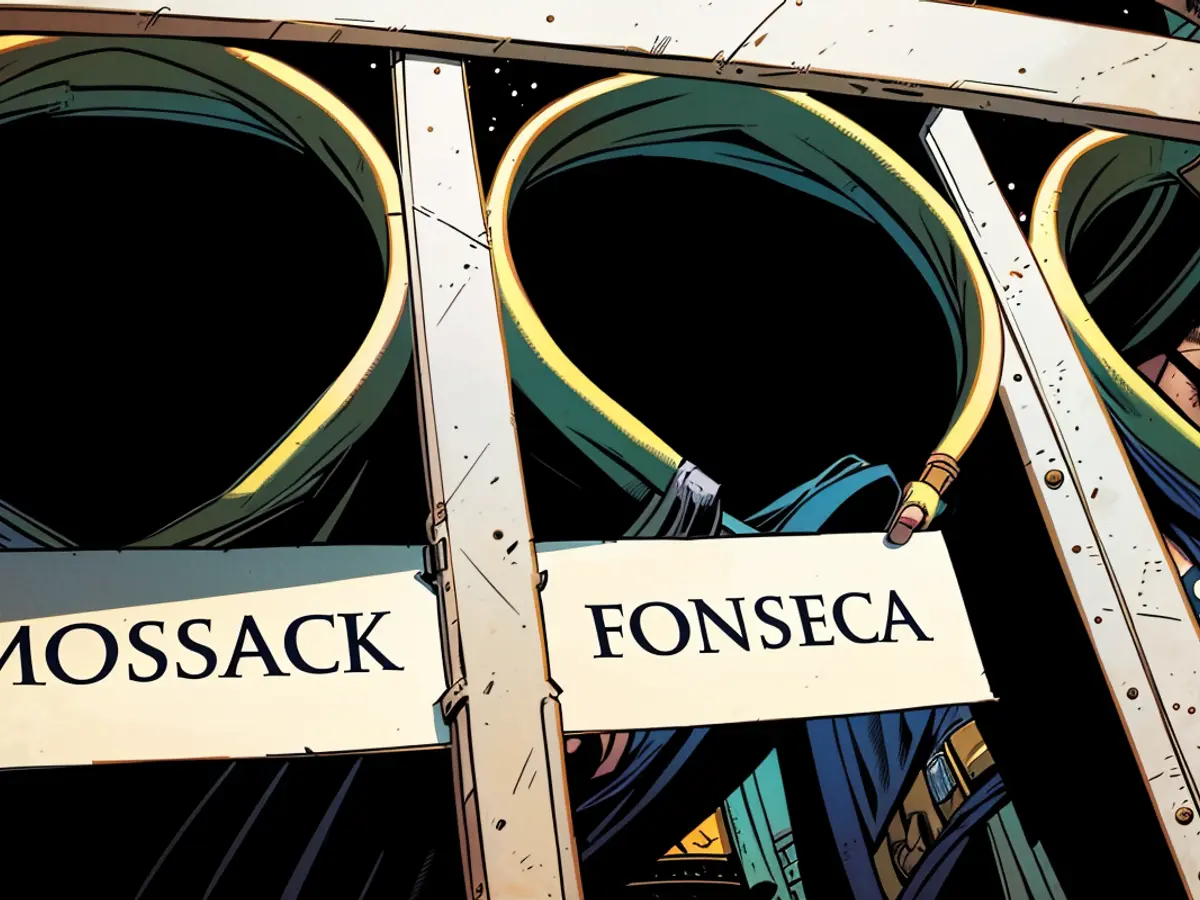Outcomes of the polling - The SPD views the European elections as a "warning sign for the federal level."
The Social Democratic Party (SPD) in Lower Saxony is worried about their poor performance in the European elections. Party secretary-general Dorte Liebetruth described the outcome as a "sign or a warning for the federal level" and pointed out the behavior of the traffic light government led by Chancellor Olaf Scholz (SPD).
"What we want is for this federal government to tackle the issues of this country together and, if there are internal problems in the coalition, to resolve them discreetly and then return to addressing these issues openly," Liebetruth said on Monday in Hanover.
Minister President Weil: Very disappointing result
Minister President Stephan Weil had already expressed his dissatisfaction on Sunday about the SPD's performance. "This is a particularly poor result for the SPD across Germany and in all the states," Weil said on NDR.
The SPD dropped to 13.9% and recorded its worst result in a nationwide election, while at the state level, the Social Democrats also lost - and received 19.5%, 1.6 percentage points less than in the 2019 European elections.
The CDU gained 1.5 percentage points compared to 2019 and came in at 31.4% of the votes in Lower Saxony. The AfD became the third strongest force and improved its result by more than 5 percentage points to 13.2%. The Greens suffered a significant decrease and fell to 12.2% almost halved.
The CDU in the state could benefit from the result. State leader Sebastian Lechner said on NDR that it is the goal of the Union to build on the European election result and become the government of Lower Saxony in 2027. Lechner is considered a promising candidate for the state election in three years. In addition, there are municipal elections in Lower Saxony in 2026.
Chairwoman of the Greens, Greta Garlichs, expressed her disappointment about the party's significant losses. "It was clear that we would not be able to replicate the result of 2019 given the challenging, divisive election campaign, coupled with a broader political atmosphere and widespread disinformation online," Garlichs said during the night of the vote. However, she added that they should not be satisfied with the outcome.
AfD faction leader calls for EU reform
Klaus Wichmann, faction leader of the AfD in the Niedersachsen state parliament, said on NDR that it's crucial to have critical voices heard in the EU. He criticized, for example, "bureaucratic madness." The EU is not delivering on key issues, according to the AfD politician. Wichmann considers reform necessary in the EU. If this doesn't work out, leaving the EU could be an option, he suggested. The AfD achieved its best result yet in a nationwide vote with 15.9%. In Eastern Germany, the party was the largest.
Nine MPs from Lower Saxony - but changes
In the European Parliament, there will still be nine MPs from Lower Saxony. They represent the CDU, SPD, Greens, FDP, AfD, and Volt, as the state election office announced on Monday. The CDU maintains David McAllister, Jens Gieseke, and Lena Dupont, while the SPD keeps Tiemo Wöcken and Bernd Lange. The Greens retain Katrin Langensiepen on their behalf, but the party will have one fewer seat. For the FDP, Jan-Christoph Oetjen will be included. New members include Anja Regine Arndt (AfD) and Kai Tegethoff (Volt).
Overall, more than six million people voted in Lower Saxony. The voter turnout was 64.1%, which is 2.6 percentage points higher than in 2019. For the first time, voters aged 16 and over could cast their votes in a European election in Germany. About 138,000 people aged 16 and 17 in Lower Saxony could vote in a European election for the first time.







